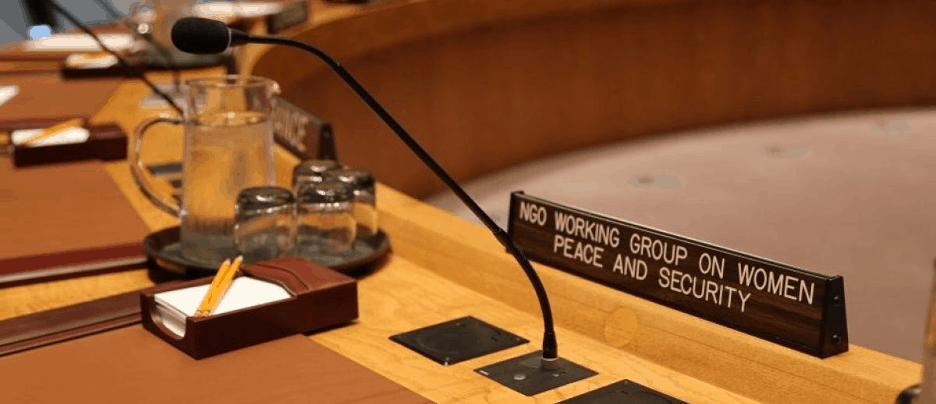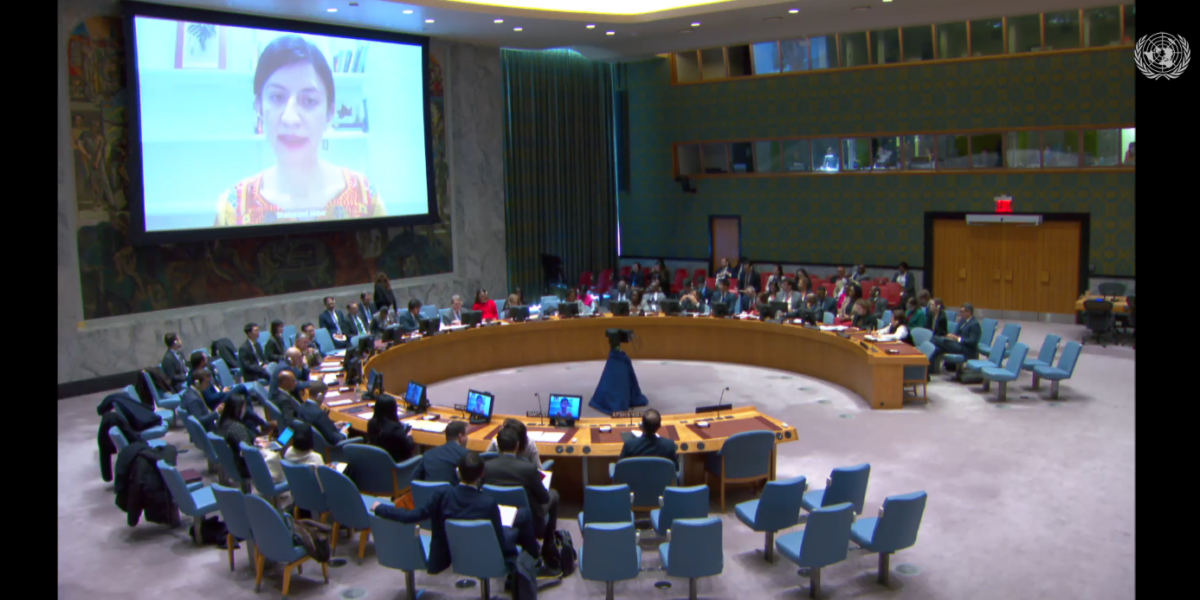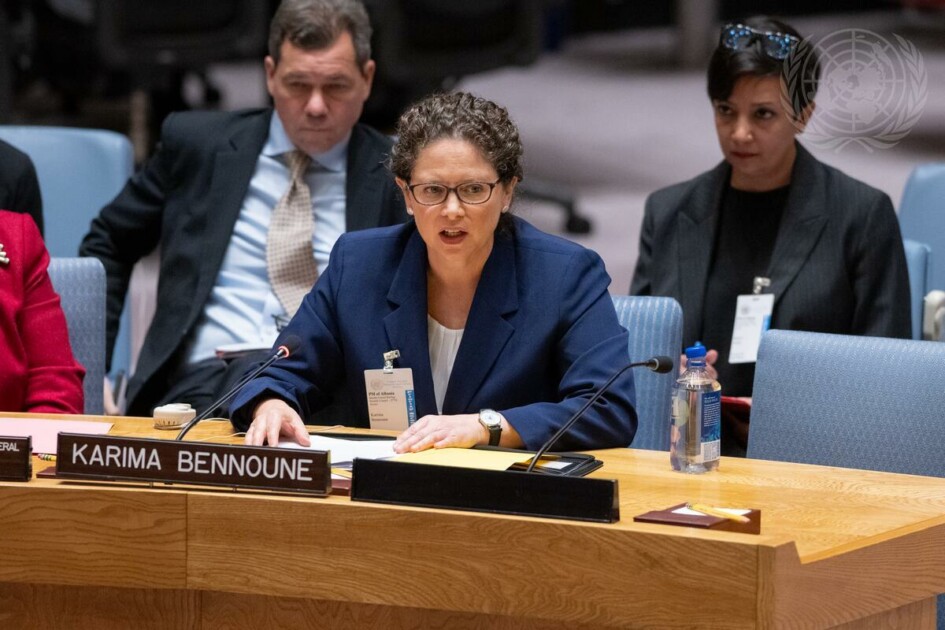Afghanistan
Afghanistan
Afghanistan has been engulfed in violent armed conflict since the fall of the Taliban regime in 2001, and efforts to build sustainable peace while preventing the re-establishment of extremist rule depend on the inclusion of women.
Living in the most dangerous place in the world to be a woman, as the Thomas Reuters Foundation revealed in 2011, Afghani women have emerged as leaders in the peace process— advocating constantly for more inclusive government, and inspiring marginalized groups nationwide to demand a place in the political system. Despite the important role that Afghani women play in bringing about social change in Afghanistan, many barriers to their involvement still exist.
Based on the work of NGOWG members and their partners, the NGOWG advocates for eliminating these barriers by encouraging UNAMA to support the Afghan government in fully implementing the National Action Plan on Women, Peace and Security (NAP), and ensuring women’s full and equal participation in regularly held elections.
Current and Past Recommendations to the UN Security Council (Monthly Action Points)
The political and humanitarian situation in Afghanistan remains a dangerous one, particularly for women. In the Open Debate on the Secretary-General’s regular report on Afghanistan, each participating UN member state should hold the Council, the Head of the UN Mission, and themselves to account for ensuring that women’s rights are at the center of all efforts to promote sustainable peace in the country in line with SCR 1974 (2011) OPs 6(d), 11, 24, 34, 36 and 37. In these discussions, the Council and other UN member states should:
- Ensure that Afghan women play an active role in the Bonn Conference in December 2011, including shaping the agenda and outcome document;
- Support an increase in UN capacity to ensure humanitarian needs are addressed, including UNHCR and OCHA increasing their protection and humanitarian affairs officers in critical regional offices to address growing humanitarian needs resulting from conflict and drought. There must also be strong support for the Afghan Independent Human Rights Commission;
- Support the Afghan government’s development of an inter-ministerial plan to address the needs of displaced Afghans.
The political and humanitarian situation in Afghanistan remains a dangerous one, particularly for women. In the Open Debate on the Secretary-General’s regular report on Afghanistan, each participating UN member state should hold the Council, the Head of the UN Mission, and themselves to account for ensuring that women’s rights are at the center of all efforts to promote sustainable peace in the country in line with SCR 1974 (2011) OPs 6(d), 11, 24, 34, 36 and 37. In these discussions, the Council and other UN member states should:
- Ensure that Afghan women play an active role in the Bonn Conference in December 2011, including shaping the agenda and outcome document;
- Support an increase in UN capacity to ensure humanitarian needs are addressed, including UNHCR and OCHA increasing their protection and humanitarian affairs officers in critical regional offices to address growing humanitarian needs resulting from conflict and drought. There must also be strong support for the Afghan Independent Human Rights Commission;
- Support the Afghan government’s development of an inter-ministerial plan to address the needs of displaced Afghans.
Relevant Resources










